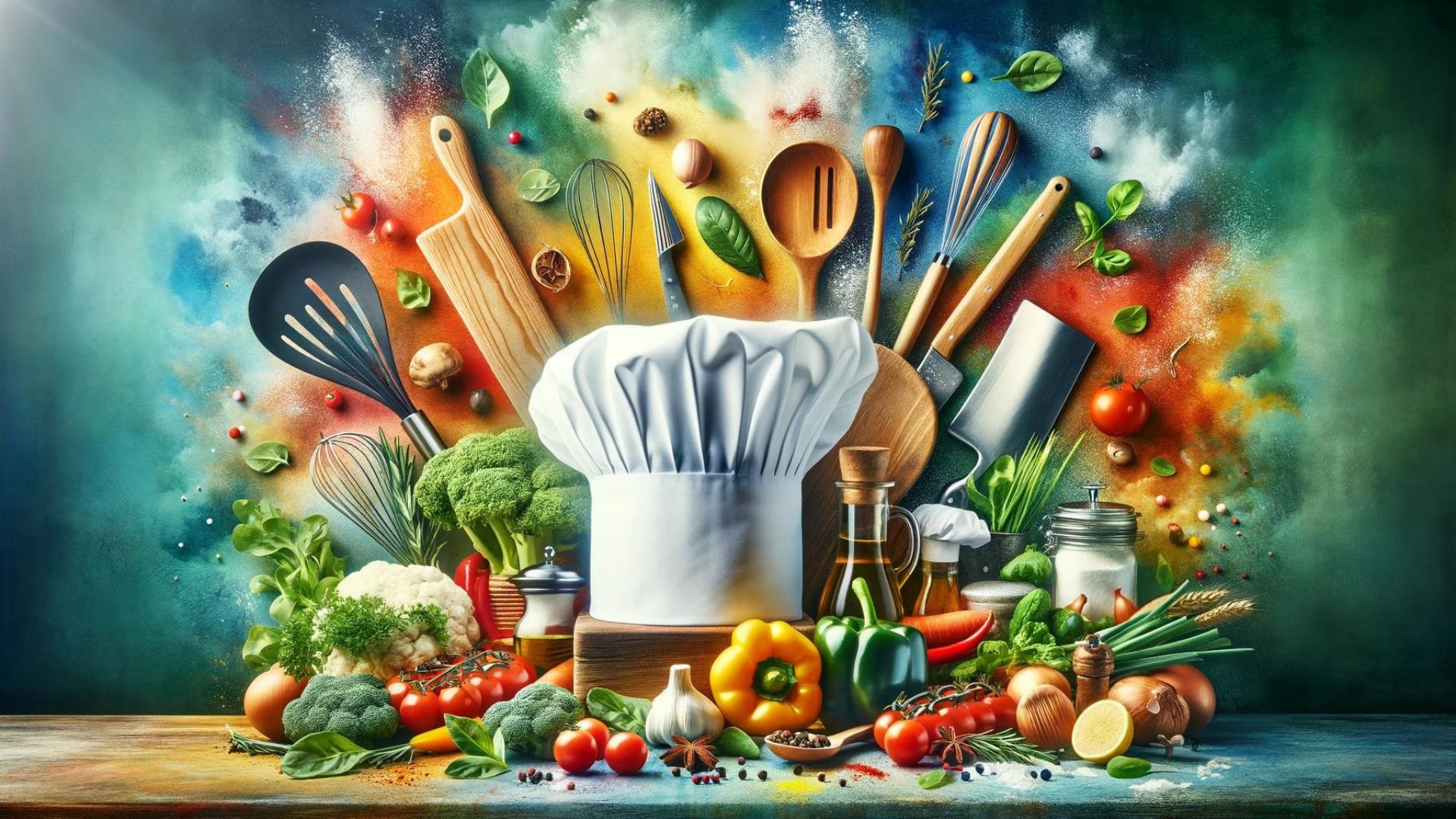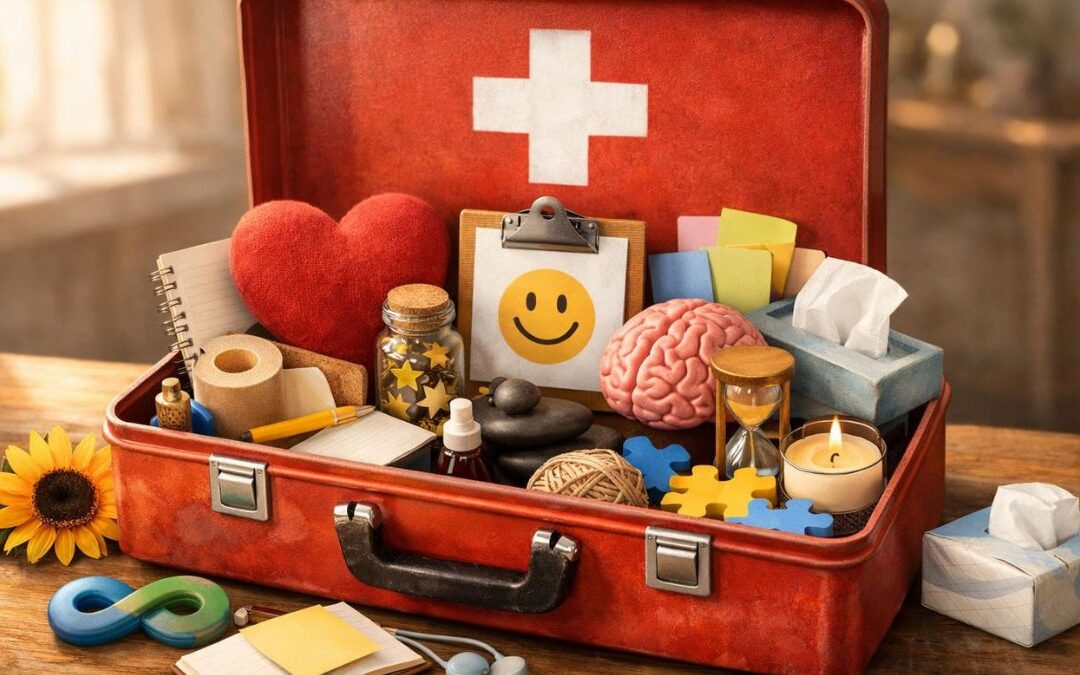Culinary arts—just the term itself evokes images of sizzling pans, aromatic spices, and beautifully plated dishes. But what exactly is culinary arts, and why should you care? Let’s embark on a flavorful journey that not only tickles your taste buds but also opens up a world of creativity and skill.
What Are Culinary Arts?
Culinary arts encompass the art, science, and craft of preparing food. It’s not just about cooking a meal; it’s about creating an experience. From understanding ingredients and mastering techniques to presenting dishes that are visually stunning, culinary arts is a multifaceted field that combines creativity with precision.
Imagine the last time you had a meal that left you speechless. Whether it was the perfect balance of flavors, the intricate presentation, or the way it made you feel, that meal was a product of culinary arts. Chefs and cooks are like artists and scientists, using their skills to transform simple ingredients into something extraordinary.
Why Culinary Arts Matter
So, why should you care about culinary arts? For starters, cooking is an essential life skill. Knowing how to prepare your own meals means you can take control of your nutrition, save money, and impress your friends and family with delicious dishes.
But it goes beyond that. Culinary arts can be a form of self-expression and a way to connect with others. Think about the joy of hosting a dinner party and sharing your creations with loved ones. Food has a way of bringing people together, and being skilled in the kitchen can enhance these moments.
Real-Life Examples
Consider this: You’re at home after a long day, and instead of reaching for takeout, you decide to cook. You whip up a simple pasta dish, maybe experimenting with a new sauce recipe. The process of cooking becomes therapeutic, a way to unwind. The satisfaction of creating something delicious from scratch can boost your mood and give you a sense of accomplishment.
Or picture a family gathering where everyone contributes a dish. The variety of flavors and the stories behind each recipe create a rich tapestry of shared experiences. Culinary arts enable you to contribute meaningfully to such occasions, making them even more special.
Taking Action
Now that you have a glimpse into the world of culinary arts, why not take the first step towards becoming a culinary artist yourself? Start with something simple—try a new recipe, experiment with spices, or even take a cooking class. Embrace the joy of cooking and see how it transforms your everyday life.
Culinary arts are not just about food; they’re about creativity, connection, and joy. So, roll up your sleeves, grab a spatula, and start your culinary adventure today.
Why Should You Care?
Learning about culinary arts is essential because it equips you with a fundamental life skill that enhances your ability to prepare nutritious, delicious meals. This skill can save you money, improve your health, and bring joy to your daily life. Additionally, culinary arts allow you to express creativity, connect with others, and experience the therapeutic benefits of cooking.
Key Takeaways
- Culinary Arts Defined: The art, science, and craft of preparing food.
- Essential Life Skill: Cooking helps you control your nutrition, save money, and impress others.
- Creativity and Precision: Culinary arts combine artistic creativity with scientific precision.
- Self-Expression: Cooking allows you to express yourself and share your creations with others.
- Therapeutic Benefits: Cooking can be a therapeutic activity that boosts mood and provides a sense of accomplishment.
- Social Connection: Culinary skills enhance social gatherings and family events by bringing people together through food.
Keywords
- Culinary Arts: The practice and study of preparing, cooking, and presenting food.
- Nutrition: The process of providing or obtaining the food necessary for health and growth.
- Cooking Techniques: Methods used to prepare food, including grilling, baking, sautéing, and more.
- Ingredients: The raw materials or components used in cooking, such as vegetables, meats, and spices.
- Presentation: The art of arranging and decorating food to make it visually appealing.
- Flavor Balance: The practice of combining different tastes (sweet, sour, salty, bitter, umami) to create a harmonious dish.
- Therapeutic Activity: An activity that promotes mental and emotional well-being.
- Self-Expression: The act of conveying one’s personality, feelings, or ideas through creative activities, like cooking.
- Social Connection: The relationships and interactions you have with others, often enhanced by shared activities like dining together.
- Cooking Class: A structured educational experience where participants learn cooking skills and techniques.
Frequently Asked Questions
- What are the basic cooking techniques everyone should know?
- Basic cooking techniques include boiling, steaming, grilling, sautéing, roasting, baking, and frying. Mastering these techniques provides a foundation for more advanced culinary skills.
- How can culinary arts improve my health?
- By cooking at home, you can control the ingredients and cooking methods, leading to healthier meals with less processed foods, lower sugar, and healthier fats.
- What equipment do I need to start cooking at home?
- Essential kitchen equipment includes a good set of knives, cutting boards, pots and pans, measuring cups and spoons, mixing bowls, and basic utensils like spatulas and whisks.
- How can I improve my cooking skills?
- Practice regularly, experiment with new recipes, take cooking classes, watch instructional videos, and seek feedback from others to improve your cooking skills.
- What are some common mistakes beginners make in the kitchen?
- Common mistakes include not reading the recipe thoroughly, not prepping ingredients before starting, overcooking or undercooking food, and not tasting food as you go.
Myth Buster
- Myth: Cooking is too difficult and time-consuming.
- Reality: While some dishes can be complex, many recipes are simple and quick to prepare. Starting with basic recipes and gradually taking on more challenging ones can make cooking enjoyable and manageable.
- Myth: You need expensive equipment to cook well.
- Reality: Quality cooking can be achieved with basic, affordable kitchen tools. It’s more about technique and ingredients than the equipment you use.
- Myth: Healthy food doesn’t taste good.
- Reality: With the right techniques and ingredients, healthy food can be delicious and satisfying. Using fresh herbs, spices, and proper cooking methods enhances flavor without unhealthy additives.
Let’s Talk
- What is your favorite dish to cook and why?
- How has learning to cook impacted your daily life and health?
- Have you ever taken a cooking class? What was your experience like?
- What is one cooking technique you would like to master?
We’d love to hear your thoughts! Share your culinary experiences, favorite recipes, and cooking tips in the comments below!










0 Comments